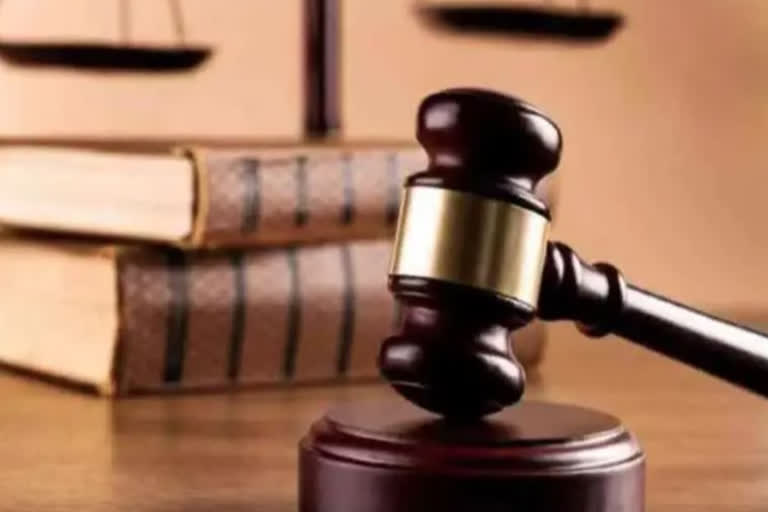Ahmedabad:Police should at least have "a body or a body of evidence" when charging someone with murder, a Gujarat court has said while acquitting all the accused in a 2002 post-Godhra riots case in which bodies of none of the 17 missing persons were found. The court at Halol town in Gujarat's Panchmahal district, in its order passed on Tuesday, cited the rule of "corpus delicti" (which in Latin means body of the crime) and said it applies to all crimes, but is especially important in a murder investigation.
It is a general rule not to convict anybody until the body has been found, the court said. A mob of 150 to 200 people had allegedly attacked and killed 17 members of a minority community, two of them children, in the violence that broke out at Delol village in Panchmahal following the February 27, 2002 Godhra train carnage. Police had arrested 22 accused in the case and filed two separate charge sheets against them in 2004 -- three were named in the first and 19 in the second charge sheet.
The Halol court on Tuesday acquitted 14 of the 19 accused in the second charge sheet for want of evidence. The eight other accused in the case died during the pendency of the trial that went on for more than 18 years, and the case against them was abated. All the accused were out on bail since 2006. The police failed to find the bodies of any of the 17 missing persons, with the prosecution alleging before the court that some of them were burnt alive and others burnt after murder using kerosene and wood in an attempt to destroy the evidence.
Even DNA profiling could not be conducted on the "completely charred bone pieces" recovered during investigation, the court of Additional Sessions judge Harsh Trivedi noted while acquitting the accused for want of evidence. The court cited the rule of "corpus delicti" (body of the crime) and said it applies to all crimes, but is especially important in a murder investigation. "There should be a body or at least a body of evidence for police to work with before they charge someone with murder. When someone goes missing and police don't have a body or at least a body of evidence, how can police proceed further or work with which don't exist?" the court asked in its order.
